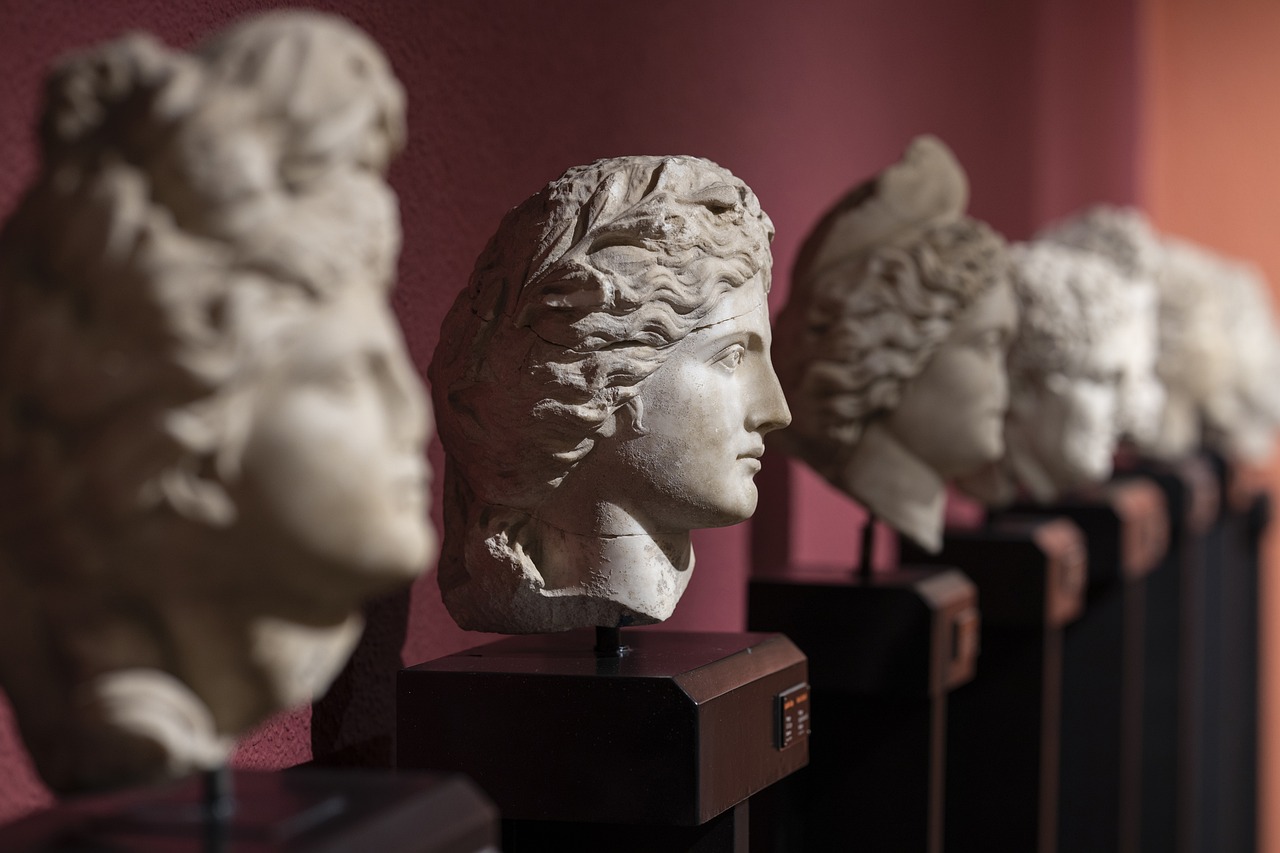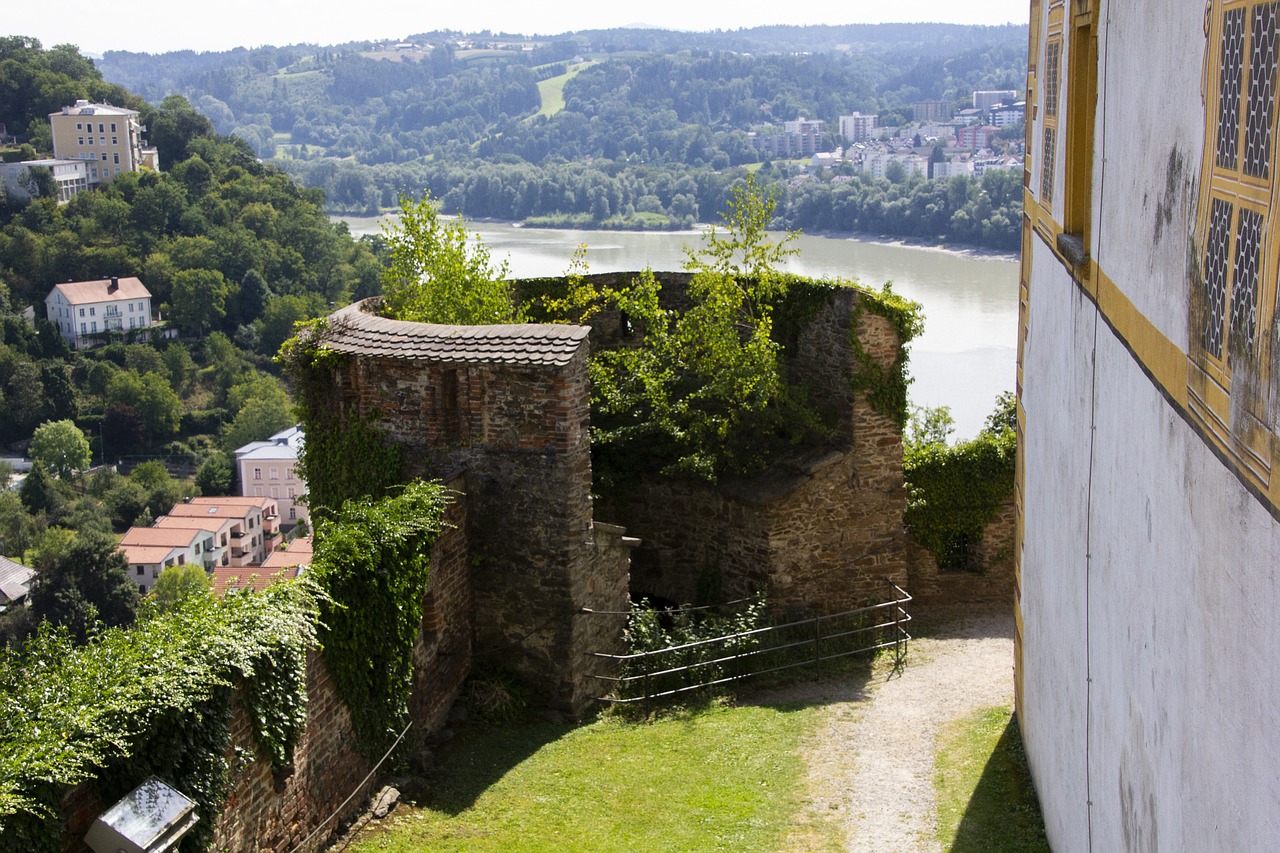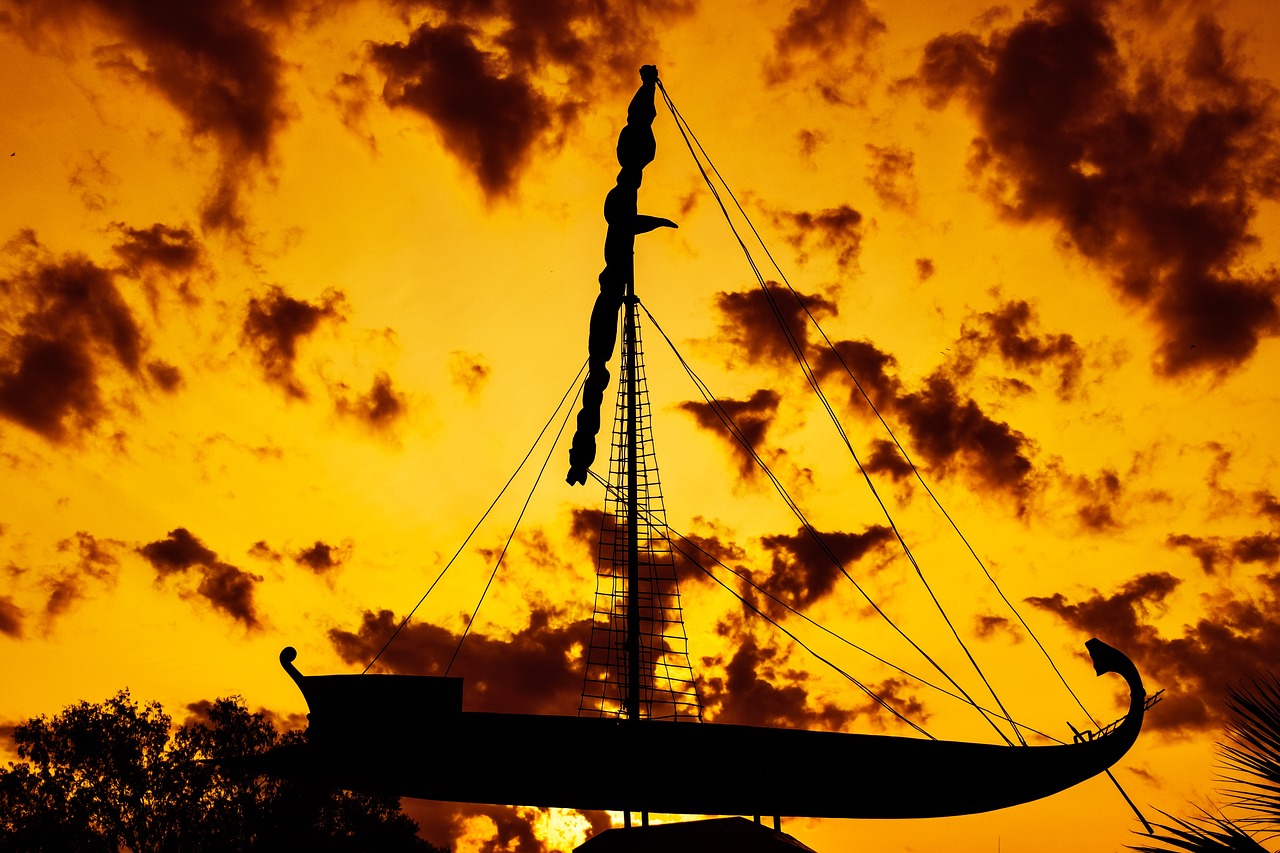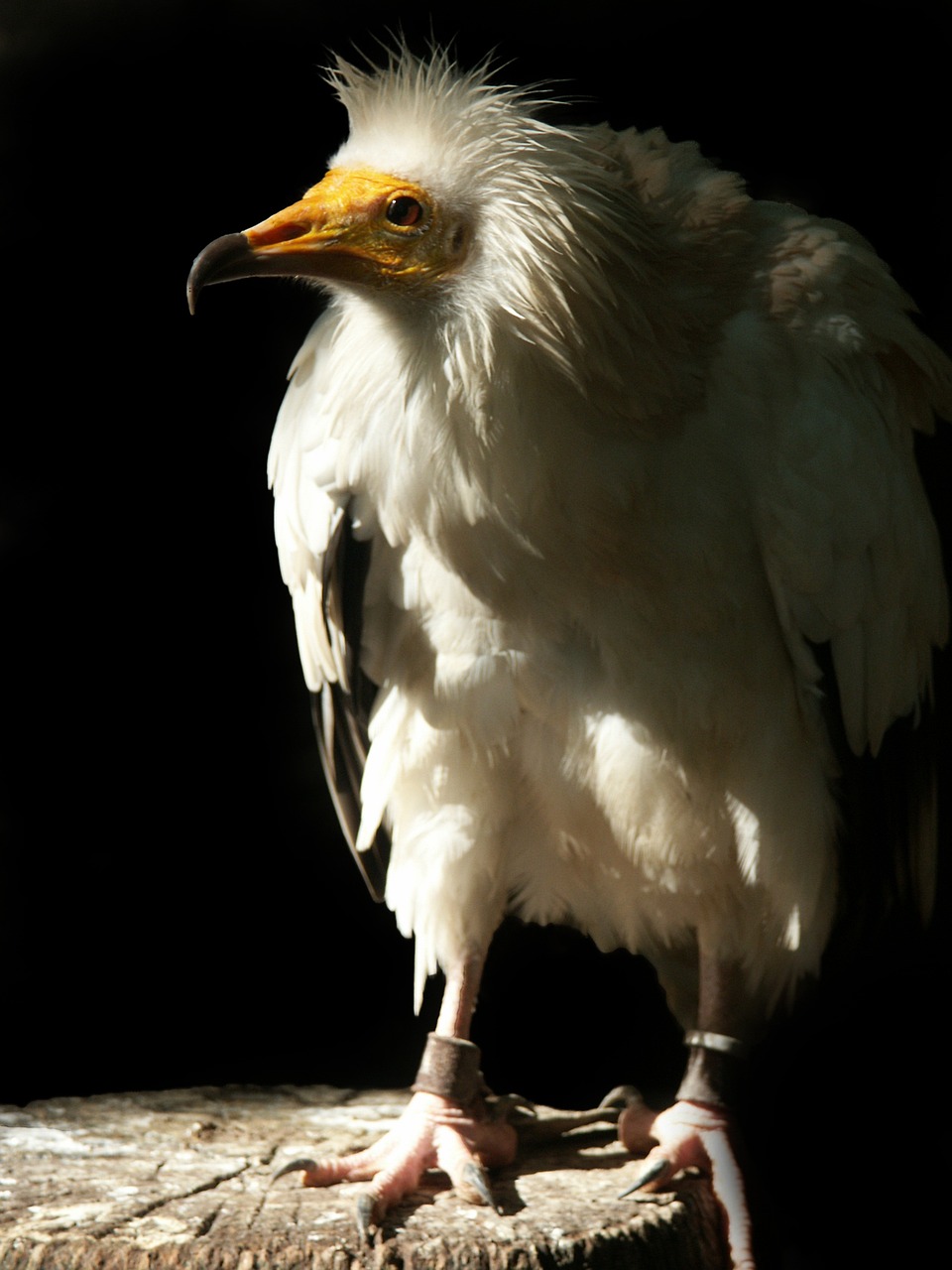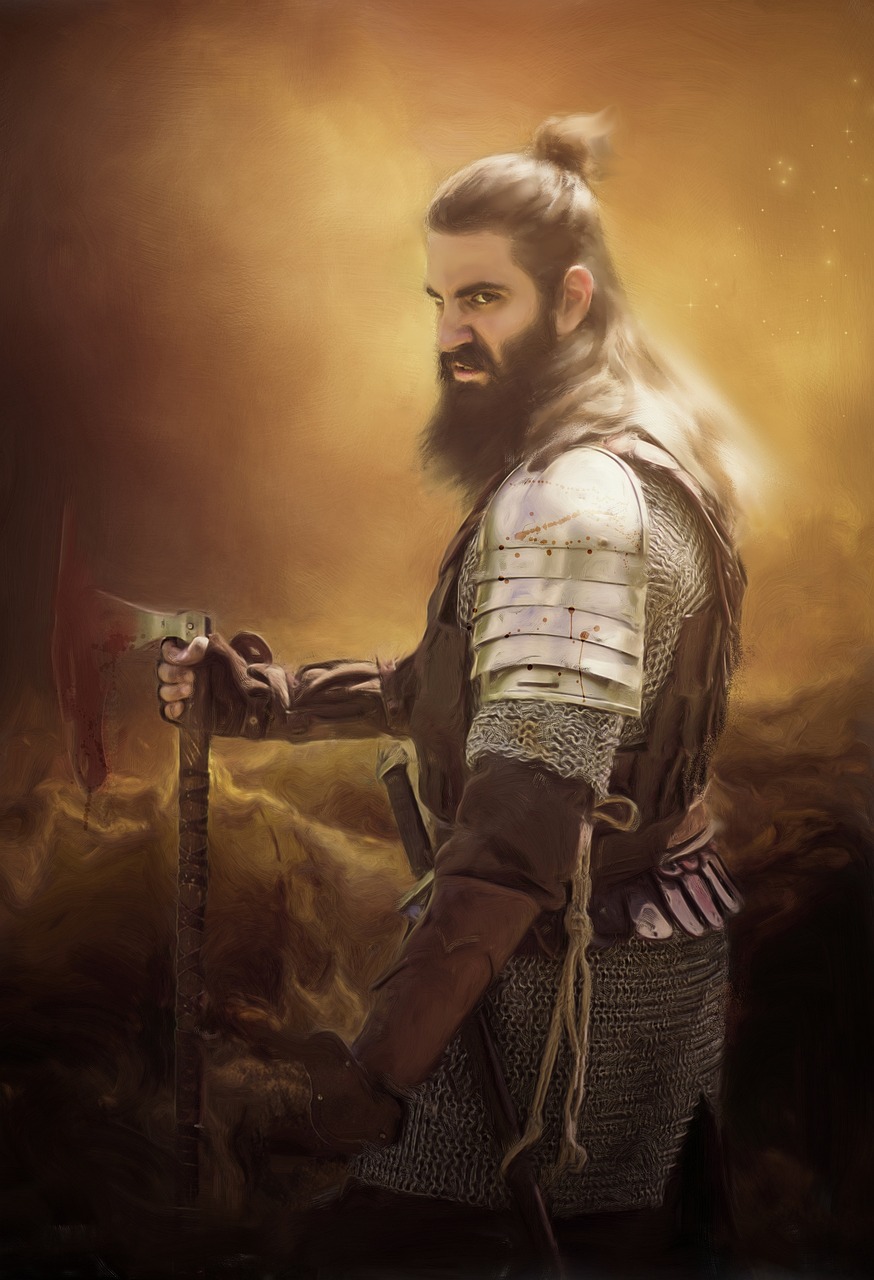Author: Erlang Shen
-
Rhea, sometimes known as Rheia, stands out as one of the central figures among the Titans, born from the union of Gaia (the Earth) and Uranus (the Sky). She represents the Earth in a nurturing capacity, embodying the powers of fertility and motherhood. As part of the second generation of Greek deities, Rhea holds the…
-
In the realm of Scottish mythology, the each-uisge is depicted as a mystical water horse that roams the Highlands. The term each-uisge is derived from Scottish Gaelic, signifying ‘water horse’. Its Irish counterpart is known as the each-uisace or Ech-Ushkya, while on the Isle of Man, it is referred to as cabyll-ushtey. Renowned for its…
-
Ares, known as the Greek god of war, is often regarded as one of the least favored Olympian deities due to his impulsive nature, fierce temperament, and constant craving for chaos. His romantic entanglement with Aphrodite, his clashes with Hercules, and the ire he drew from Poseidon after slaying the latter’s son, Halirrhothios, highlight his…
-
Mors: The Roman Personification of Death Mors, in Roman mythology, is a distinctive embodiment of Darkness and Agony, as well as the personification of death. She represents a fundamental aspect of existence, illustrating the inescapable nature of mortality. Overview As a principal representation of death, Mors is the daughter of Nox (the goddess of night)…
-
The Timeless Allure of Egyptian Jewelry and Its Modern Relevance The ancient Egyptians were renowned for their exquisite craftsmanship in jewelry, which was thought to possess protective, empowering, and divine properties. This profound respect for jewelry as a spiritual emblem resonates with today’s luxury pieces, particularly those designed by Awe Inspired. By blending modern techniques…
-
Vesta, a prominent figure in Roman religion, epitomizes the goddess of the hearth and is linked to the Greek deity Hestia. In the formative years of the Roman civilization, the crucial need for a consistent source of fire created a significant reverence for the eternal hearth, which was maintained both in public and private domains.…
-
In Greek mythology, the Argonauts were a legendary group of fifty heroes who accompanied Jason on his quest aboard the ship, the Argo, to obtain the Golden Fleece. This quest arose after Jason’s uncle, Pelias, seized the throne of Iolcos in Thessaly, rightfully belonging to Jason’s father, Aeson. Pelias pledged to relinquish his throne to…
-
Apep, known as Aapep, Apepi, or Apophis, is recognized as the ancient Egyptian embodiment of malevolence, darkness, and destruction. He stands as the primary adversary of Ra, the sun god, and represents an unending threat that can never be fully eradicated. Each night, he would unleash his powerful roar, attacking as the sun journeyed through…
-
In ancient Ireland, there was a renowned king named Lir, who ruled over the seas alongside his beloved wife, Eva. Together, they welcomed four children into the world: Aodh, their eldest son, Fionnula, their daughter, and twin sons Fiachra and Conn. Tragedy struck when Eva passed away, leaving Lir and the children heartbroken. In his…
-
The Dichotomy of Heroes: Achilles and Hector The characters of Achilles and Hector represent two contrasting ideals in Greek mythology and literature, with differing receptions across cultures. The Greeks revered Achilles, acknowledging him as “the best of the Achaeans,” while they viewed Hector, a Trojan prince, as an outsider. Over time, this perception shifted, particularly…



